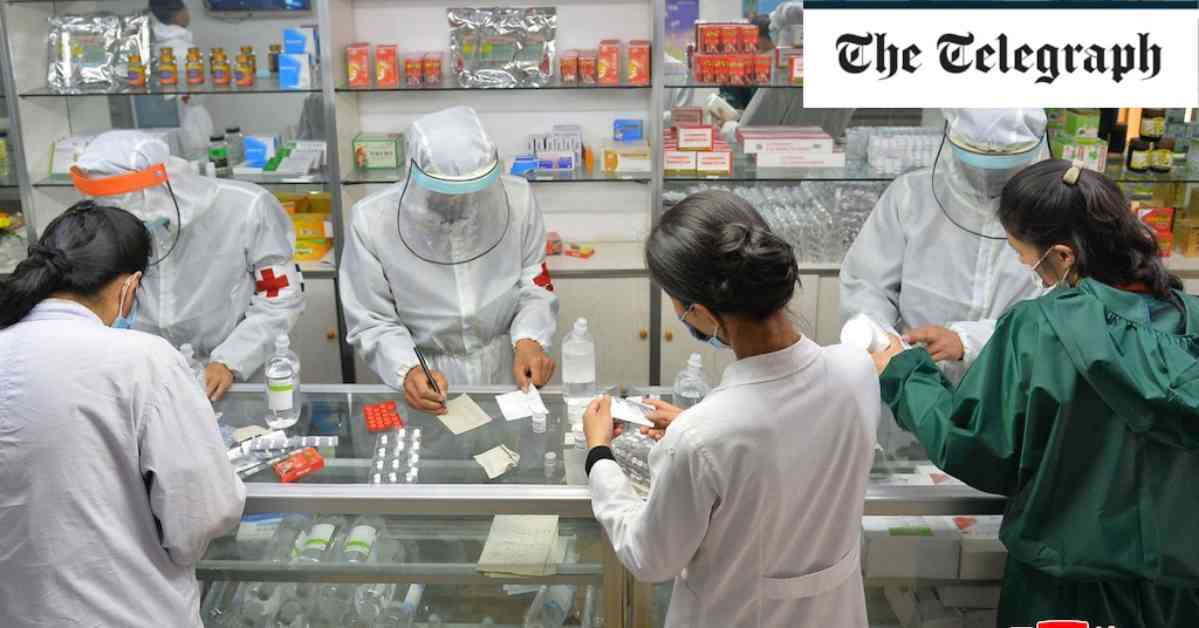North Korea has recently launched a major vaccination drive aimed at protecting children from deadly diseases. This initiative comes after a four-year hiatus on routine immunization that has left many children vulnerable. The country has faced challenges in importing vaccines and other medical supplies due to tightened borders, making it difficult to ensure the health and well-being of its citizens.
The Importance of Routine Immunization
Routine immunization plays a crucial role in safeguarding children from preventable diseases. Without access to vaccines, children are at a higher risk of falling ill and facing potentially life-threatening consequences. The recent vaccination drive in North Korea marks a significant step in closing the gap that has left many children unprotected for years.
Roland Kupka, Unicef’s acting representative for the Democratic People’s Republic of Korea, emphasized the importance of restoring routine immunization to ensure the health of the country’s estimated 26.5 million citizens. The lack of access to vaccines has not only put children at risk of diseases like measles, tuberculosis, and polio but has also impacted their overall health and well-being.
Challenges and Concerns
Prior to the pandemic, North Korean children were already found to be shorter and weigh less than their counterparts in South Korea. The situation has likely worsened with rising hunger levels and an estimated 650,000 children missing all three doses of the life-saving pentavalent vaccine. This vaccine protects against five deadly diseases, including diphtheria, tetanus, and hepatitis B.
The drop in vaccine coverage from 96% to 42% by 2021 has raised concerns about the potential for disease outbreaks in the country. The lack of access to vaccines and essential medical supplies has further exacerbated the health challenges faced by North Korean citizens, particularly children who are most vulnerable to infectious diseases.
The Vaccination Drive and Future Plans
In an effort to address the gaps in immunization coverage, Unicef, Gavi, The Vaccine Alliance, and the World Health Organization collaborated to deliver four million doses of vaccines against measles, rubella, tetanus, diphtheria, tuberculosis, hepatitis B, and polio. This marks a significant step towards protecting children and pregnant women across North Korea’s nine provinces.
The vaccination drive will see 800,000 children and 120,000 pregnant women receive doses of essential vaccines in the coming weeks. Additionally, local health centers will be equipped with freezers, fridges, and essential supplements to support the ongoing immunization efforts. The goal is to not only catch up on missed vaccinations but also to establish a robust routine immunization program in the country.
Challenges and Future Perspectives
Despite the progress made through the recent vaccination drive, challenges remain in ensuring sustained access to vaccines and essential medical supplies in North Korea. The country’s closed borders and limited collaboration with international organizations have hindered efforts to restore pre-pandemic vaccination levels.
To fully address the health needs of North Korean citizens, it is essential for the government to allow UN international staff to return to the country. This would facilitate greater collaboration and support in implementing comprehensive immunization programs and addressing the broader health challenges faced by the population.
In conclusion, the recent vaccination drive in North Korea represents a critical step towards protecting children from preventable diseases and improving overall health outcomes in the country. Continued efforts to strengthen routine immunization programs and ensure access to essential vaccines will be key in safeguarding the well-being of North Korean citizens, particularly children who are most vulnerable to infectious diseases.












